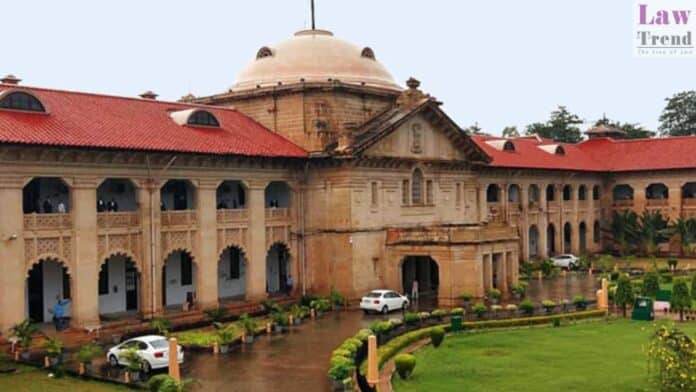The Allahabad High Court, in a significant judgment, has laid down the principles for quashing criminal proceedings in cases where the parties have reached an amicable settlement. The ruling was made in two cross applications filed under Section 482 of the Code of Criminal Procedure (CrPC) concerning incidents that occurred in 2011. Justice Rajeev Misra,
To Read More Please Subscribe to VIP Membership for Unlimited Access to All the Articles, Download Available Copies of Judgments/Order, Acess to Central/State Bare Acts, Advertisement Free Content, Access to More than 4000 Legal Drafts( Readymade Editable Formats of Suits, Petitions, Writs, Legal Notices, Divorce Petitions, 138 Notices, Bail Applications etc.) in Hindi and English.




